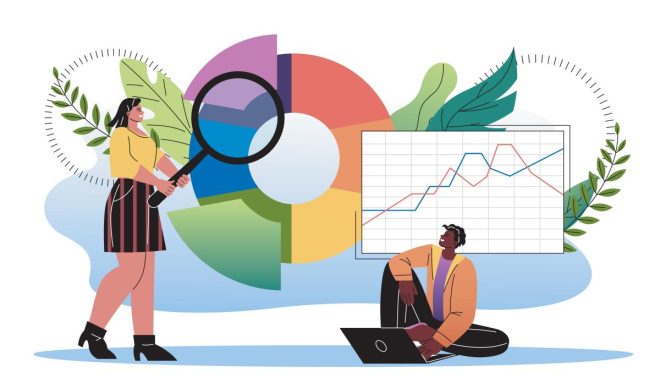In numbers we trust: Why data quality matters more than ever
In numbers we trust: Why data quality matters more than ever

As we observe World Statistics Day 2025 today on 20 October, it is the perfect moment to reflect on how reliable data shapes our world. Statistics have always been the backbone of informed decision-making; guiding everything from financial forecasts and inflation rates to national policies.
In an era where data shapes every decision we make, ensuring the quality of statistics has never been more crucial. However, only 29.39% of users are satisfied with the quality of official statistics provided by the Bangladesh Bureau of Statistics (BBS), according to a survey conducted by the Bangladesh Institute of Development Studies (BIDS).
This striking figure underscores the urgent need to restore trust and ensure that our data accurately reflects reality.
How the trust in statistics started to fade away
Since the establishment of the Bangladesh Bureau of Statistics in 1974, it has been playing a vital role as the primary source of obtaining relevant data. From GDP and employment figures to price indexes and census data, it has been the nation’s statistical backbone.
However, institutional challenges remain high as more than half of the positions in the BSS
(Bangladesh Bureau of Statistics) remain vacant. In addition, the proposed budget for the Statistics and Information Division in FY2026 is lower than in previous years. With such resource complications, maintaining the quality and relevance of data becomes a great hurdle.
Real challenges behind the numbers
A persistent issue lies in how much of Bangladesh’s data is collected from short-term projects funded by donors. Often these projects introduce new tools and techniques with temporary financial support.
However, as the project ends, the progress usually stops as well. This problem of inconsistency in data collection often leads to an adverse impact on the quality of statistics. To build reliable statistics, the country needs steady, long-term institutional support instead of depending on one-time projects.
The statistical capacity index, which measures how well countries collect and manage data, tells a similar story. Bangladesh’s score dropped from 80 in 2014 to 61.7 in 2023, which is below the South Asian average of 68.1. This signals the dire need for renewed investment in statistical capacity, skilled manpower, and digital infrastructure.
Furthermore, there is also the matter of data access and transparency. The survey conducted by BIDS also revealed that even if education data were relatively accessible, statistics on crime, labour, foreign trade, and other topics were among the least accessible.
Complex bureaucratic procedures, the absence of standardised publishing formats are a few of the structural barriers that restrict proper data accessibility. In the era of open data, it is crucial that the government takes the initiative to build a transparent national data ecosystem.
In an era of open data, accessibility is no longer optional; it’s essential for accountability and innovation.
On the way to build stronger foundations for data
Bangladesh is also making moves to build more solid foundations for statistical credibility. In 2025, the government formed an expert task force headed by Dr. Hossain Zillur Rahman to review and improve the quality, transparency, and accessibility of data from the Bangladesh Bureau of Statistics (BBS).
As a part of the reforms, recently BBS has also been granted independent authority to release data such as GDP and inflation figures without requiring the permission of higher officers in the ministry. This is a step towards rebuilding trust and reducing delays in official statistics.
As Bangladesh is subsequently recognizing its statistical weakness, the aforementioned actions provide hope for an enhancement in quality and stronger legal safeguards.
A hopeful step forward
Bangladesh is stepping into a future where knowledge and information matter more than ever. Making our statistics more accurate, open, and trustworthy is not just a technical fix; it is how we make sure decisions are fair and based on facts. When our numbers tell the truth, people can trust the story they are part of.


